Farmworker Awareness and Food Insecurity
As we celebrate National Farmworker Awareness Week on March 25-31, we recognize how essential and valuable farmworkers are in our supply chain worldwide. This is an important chance for us to bring attention to the challenges this vulnerable population faces, while honoring their crucial role in our food system and everyday lives. As we work to build a more inclusive and equitable food system through transparent, responsible labor practices, one of our goals is to bring awareness to the overlap between populations facing food insecurity and the global farmworker community.
“Farmworkers deserve to be treated with value, gratitude, and respect for all they do.”
In the United States, nearly 15% of the general population is considered food insecure. Food security is defined by the US Department of Agriculture (USDA) as access to enough food for an active and healthy life (1). Prevalence of food insecurity is often higher among ethnic minorities, particularly Hispanics or Latinos, and among those living below the poverty line. For example, one study of Georgia farmworkers found that 63% of migrant and seasonal workers surveyed struggled to feed themselves and their families (2). Farmworkers, who are often immigrants looking for an opportunity to support their families, are faced without adequate access to fresh food, desirable living situations, adequate healthcare and a living wage. The average income among farmworker families is estimated to be between $17,500 and $20,000, which falls well below the 2020 federal poverty level of $26,200 for a family of four.
When the folks who represent the foundation of our food system are facing food insecure conditions at home and have trouble feeding their families, the supply chain is clearly broken. Reasons for this disparity include low wages for immigrant farmworkers, harsh living conditions, poor public transportation in rural areas, immigration status / citizenship barriers, lack of access to food assistance programs and food kitchens, and a lack of culturally-appropriate food available through these programs. Other barriers include poor translation services, poor quality of food donations, and misinformation on eligibility and availability of resources.
A study (3) from 2010 found that food insecurity is rooted in the cultural lifestyle of farm work, poverty, and dependency. These are deeply entrenched in the structure of our food system and in our culture, unfortunately. Suggestions for improving these conditions were social support for farmworker families, workplace policies/interventions, cultivating a sense of community, a healthy workplace and networking. Implementation of more farmworker friendly measures to address food insecurity via emergency food assistance programs must also consider inequities and access barriers involving language, culture, preference, nutrition, health and dietary guidelines, deliverability, and other immigration related factors.
A fundamental change in the current structure of food assistance programs is vital for addressing hunger among farmworker communities, but we must continue to advocate for the overall livelihood of farmworkers as well. A permanent solution requires that farmworkers receive fair wages to fully meet their families’ financial needs while backing their opportunity to immigrate, become citizens, and be treated with the same basic rights as other workers. Corporate participation in social responsibility programs, such as our participation in EFI certification adds multi-layered value into our product, into the lives of our farmworkers, and into our local community in Stanford. It is one step on a long journey towards equity and justice. By bringing awareness to these issues, initiating discussions, and doing our part in influencing positive change, we can help to catalyze universal change in the agriculture industry.
“Participation in programs like the Equitable Food Initiative can help to nip workplace issues in the bud by creating effective conflict resolution strategies and communications channels across all levels of an organization as well as encouraging buy-in from the top down and ground up.”
This week and every week we want to recognize our very own farmers who are as essential as it gets to the Future of Farming. Even when the American labor force was being divided into “essential” and “non-essential” during the pandemic, our farmworkers have always been essential in our eyes. We couldn’t be more proud of what we’ve accomplished together and we look forward to making a difference in their lives, in our local community, and in Kentucky as a whole. This is bigger than just our company’s success; we are innovating agriculture, growing communities and our farmworkers are at the heart of our company’s mission. They deserve to be treated with value, gratitude, and respect for all they do.
Sources:
4. https://www.thepacker.com/news/social-responsibility/social-responsibility-programs-can-pay-dividends-better-labor-relations



